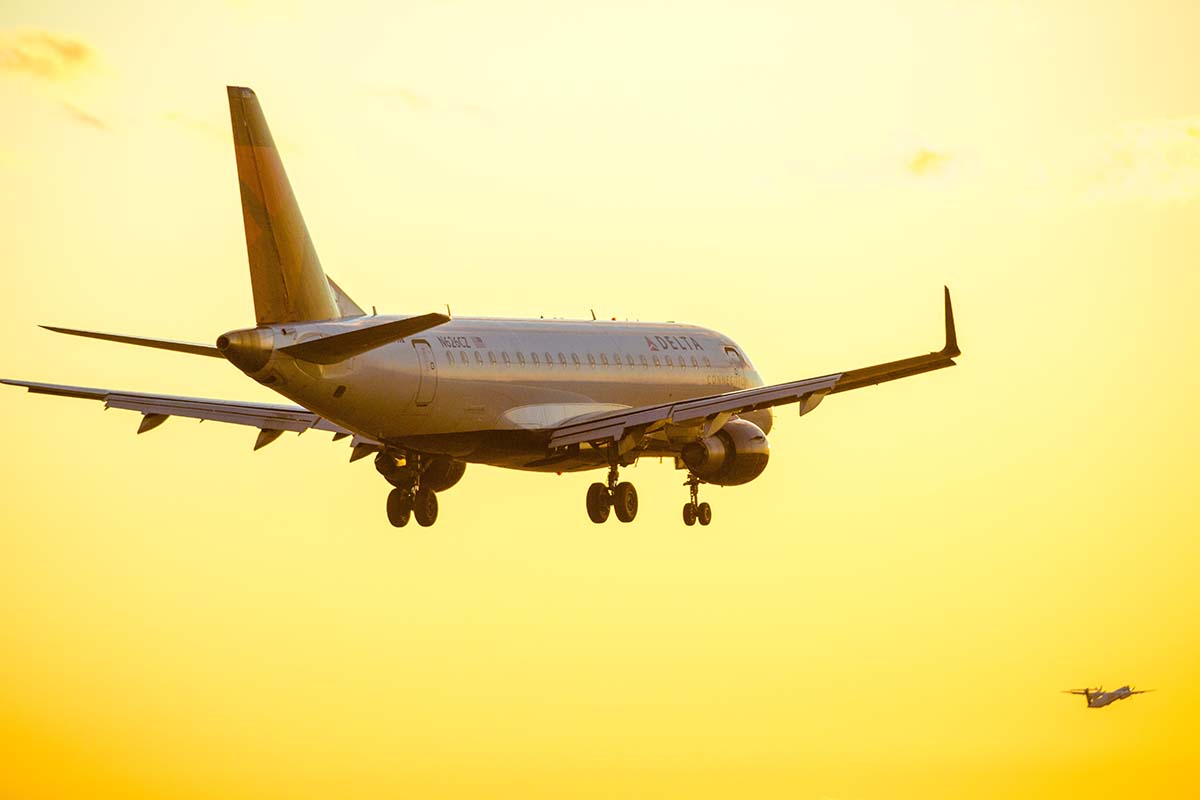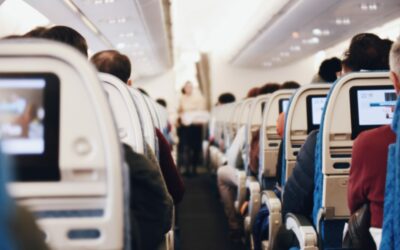 Among all the confusing airline rules, ticket expiration dates are one of the worst.
Among all the confusing airline rules, ticket expiration dates are one of the worst.
Many major domestic airlines have reduced or eliminated change fees on nonrefundable tickets, although travelers often discover when they change that the new fare may be much higher. Airlines have new notifications about ticket expiration dates.
Worse, though, travelers who book far in advance and need to cancel may discover their credits are useless. The expiration date issue does this.
Most carriers now say a ticket is valid for a year.
A year’s validity seems like a long time, and it often is, depending on when you book. However, the current ticket expiration date system penalizes those who think ahead. With most airlines, the year starts from the ticketing date, so a canceled ticket must be used for travel starting within a year of issuance.
As 2024 ended, some organized travelers were already thinking about next year’s Christmas/holiday season, particularly to warm-weather destinations where planes fill up quickly when bookings open 11 months out. (We in the travel industry love this kind of person. They have a good chance of getting decent fares and certainly good seats.) Booking airline tickets as soon as possible makes sense if their dates are pretty set.
Some travelers like to make plans and lock in space early.

Whereas for closer-in travel, there’s little risk. Another client is now booking a national parks trip for April 2026, where the dates may change due to park reservation availability. There was little risk in ticketing at a highly discounted fare. Worst case, he’ll pay the fare he would have paid had he waited. If he has to cancel, he’ll have a year from January 2025 to commence travel on a new trip.
Yes, this is one of those times when the “buy insurance” refrain makes sense.
With airlines trumpeting no change fees, it’s easy for consumers — especially if they don’t book through a travel agent — to think they’ll reuse the ticket at some point.
Years ago, many airlines said tickets had to be REISSUED in a year. So if someone had booked early, say in early February 2025, for Christmas travel and had to cancel, we could have reissued the ticket in December 2026 up to 11 months out. A traveler could change the ticket twice if the new days didn’t work out. It might mean an extra change fee, but travelers wouldn’t lose the entire ticket.
Airlines often decide for their bottom lines, or just because they can. Another possible change would be simply to put some sort of reminder on their website when tickets are booked early, say more than a few months out. Then tickets will only be valid 12 months from date of ticketing. (It could even help airlines sell insurance, which many do on their sites, presumably for a nice insurance commission.)
A travel agent calls for airlines to allow reissuing tickets within a year of ticketing. There should be no complete loss of value.
How much could it hurt to just change the rule to let clients reissue within a year of ticketing? Say an extension results in a penalty but not a complete loss of value. Based on my bookings and those of colleagues, most bookings made far in advance are made for family vacations. Weddings and other special events also rate early bookings. Ticket losses fall hardest on leisure travelers, not corporate fliers who seldom book that far out. Business travelers’ companies will cover expired tickets anyway. And these early bookers are also giving carriers nonrefundable money upfront, so it’s not like they aren’t already benefiting airlines.
So how about it, airlines?
READ ALSO:
Deplaning etiquette: Passenger lies and shoves are unacceptable at any time
Don’t repeat the blunders on Delta 4819 in Toronto, Canada
Janice Hough is a California-based travel agent a travel blogger and a part-time comedy writer. A frequent flier herself, she’s been doing battle with airlines, hotels, and other travel companies for over three decades. Besides writing for Travelers United, Janice has a humor blog at Leftcoastsportsbabe.com (Warning, the political and sports humor therein does not represent the views of anyone but herself.)




